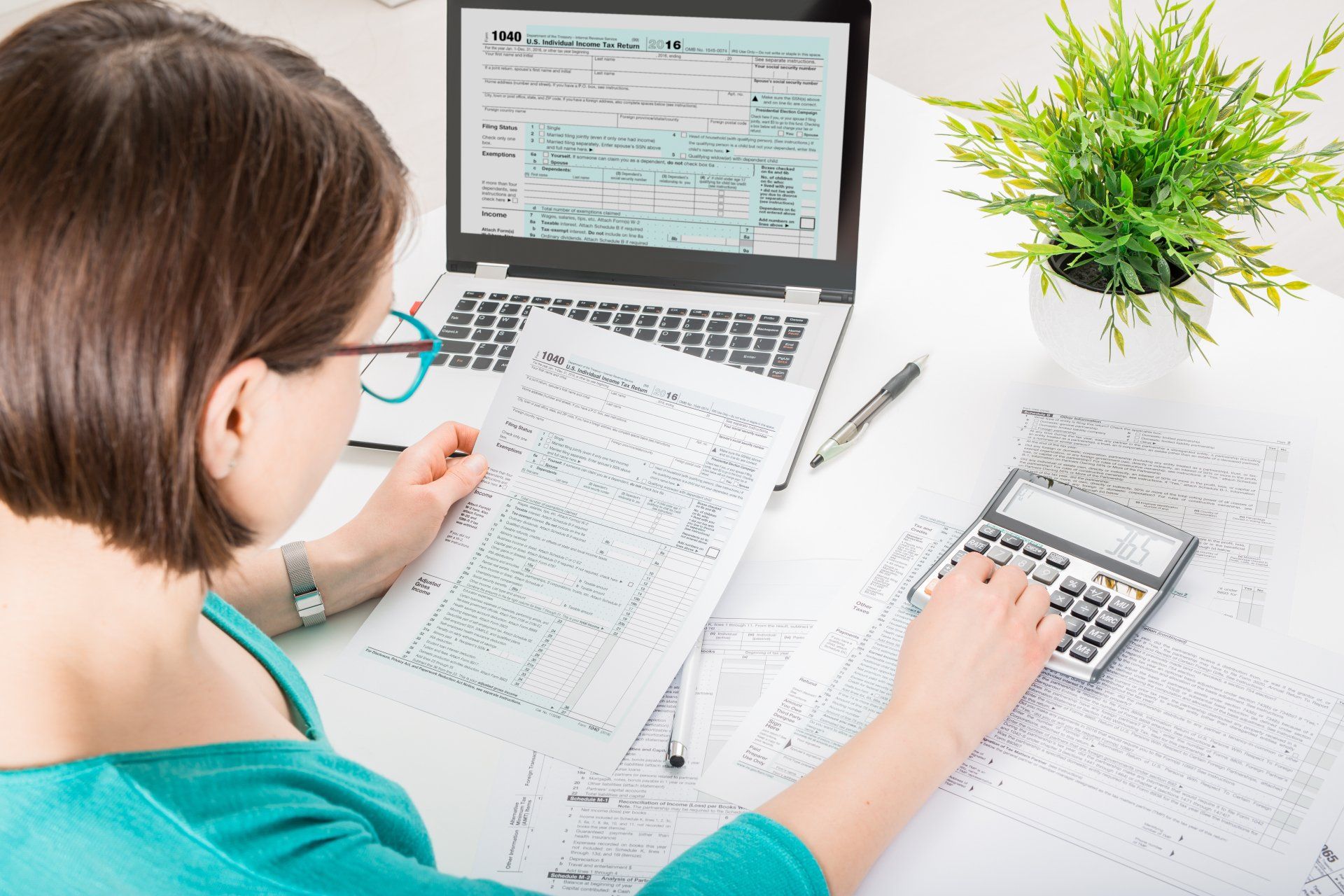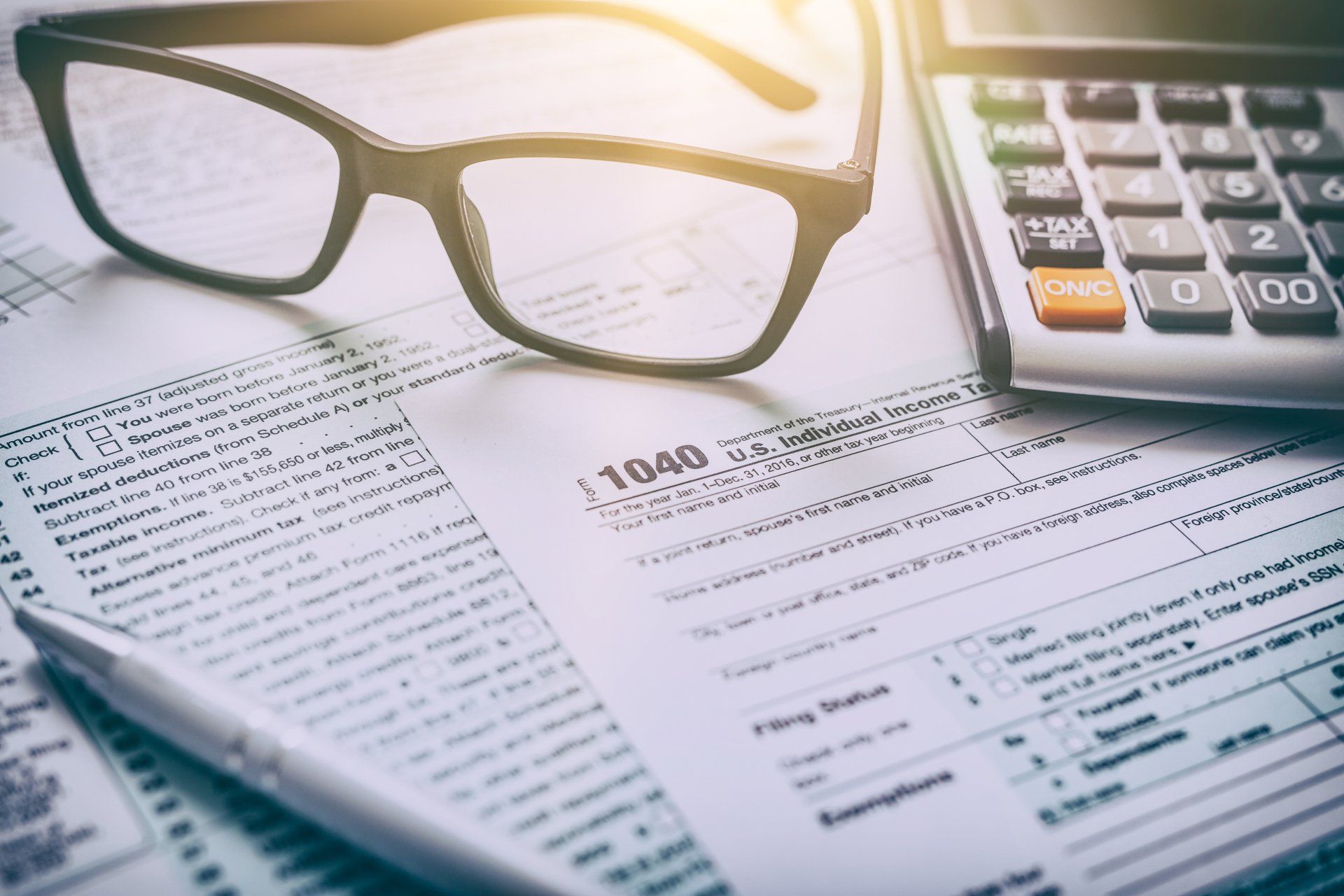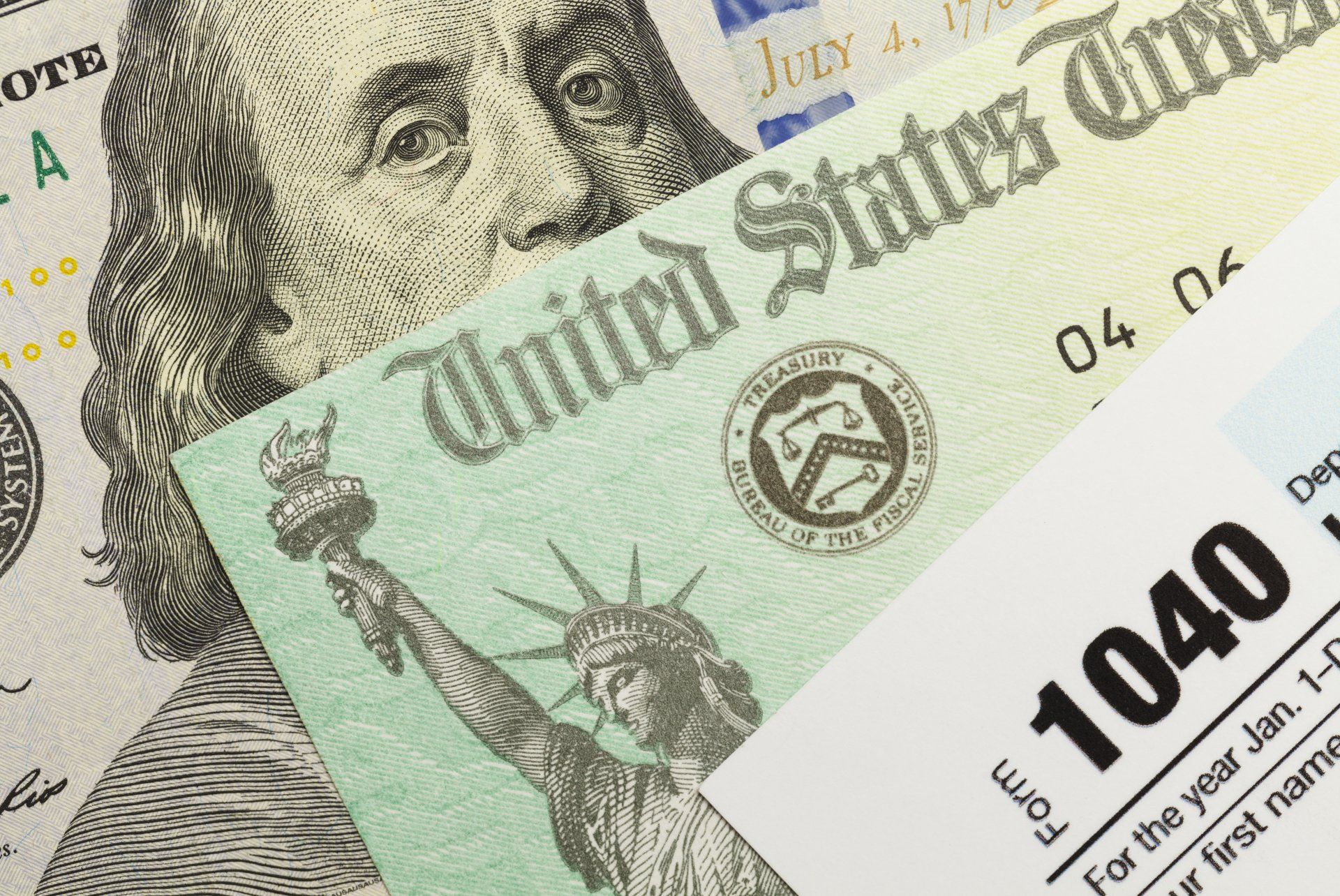If Fraud Occurs in Your Business, The Dog Didn’t Do It
By Joseph A. Liss, CPA
In the world of “Small Businesses”, your best friend is not your dog, it is your bookkeeper. While you run around acquiring new clients, and then spend every waking hour making sure the work is completed and delivered on time, your bookkeeper keeps the administrative portion of the business moving. From processing the mail, invoicing, paying and filing bills, handling payroll, and making deposits; they have relieved your workload so you can concentrate on the important stuff.
The reliance that a business owner places on the bookkeeper is enormous. Unfortunately, one of the positions that commit the most fraud is…the bookkeeper. Over 24% of all fraud committed is by the one who processes your internal accounting. Check tampering accounts for over 33%, False Billing is over 30%, Skimming is over 18%, and Payroll Fraud is over 15%.
Clearly, the importance of a good bookkeeper cannot be underestimated; however, it is clear that while we place great reliance on them, we forget to also place oversight on what they do. While it is impossible to eliminate the possibility of all fraud, there are some commonsense and inexpensive procedures that you can implement to help reduce the likelihood of fraud occurring in your business.
All too often, the businesses that are most concerned with taking preventative fraud measures are the businesses that have previously been exposed to fraud. The reality is that every business, whether it has historically experienced fraud or not, should have fraud procedures in place. CPAs with backgrounds in small business, audit, and fraud or Certified Fraud Examiners (CFEs) can be a great resource for the business owner.
You will want to consider what you have at risk if a fraud were to occur, and we encourage you to take steps now to protect the money you have worked so hard to earn.










